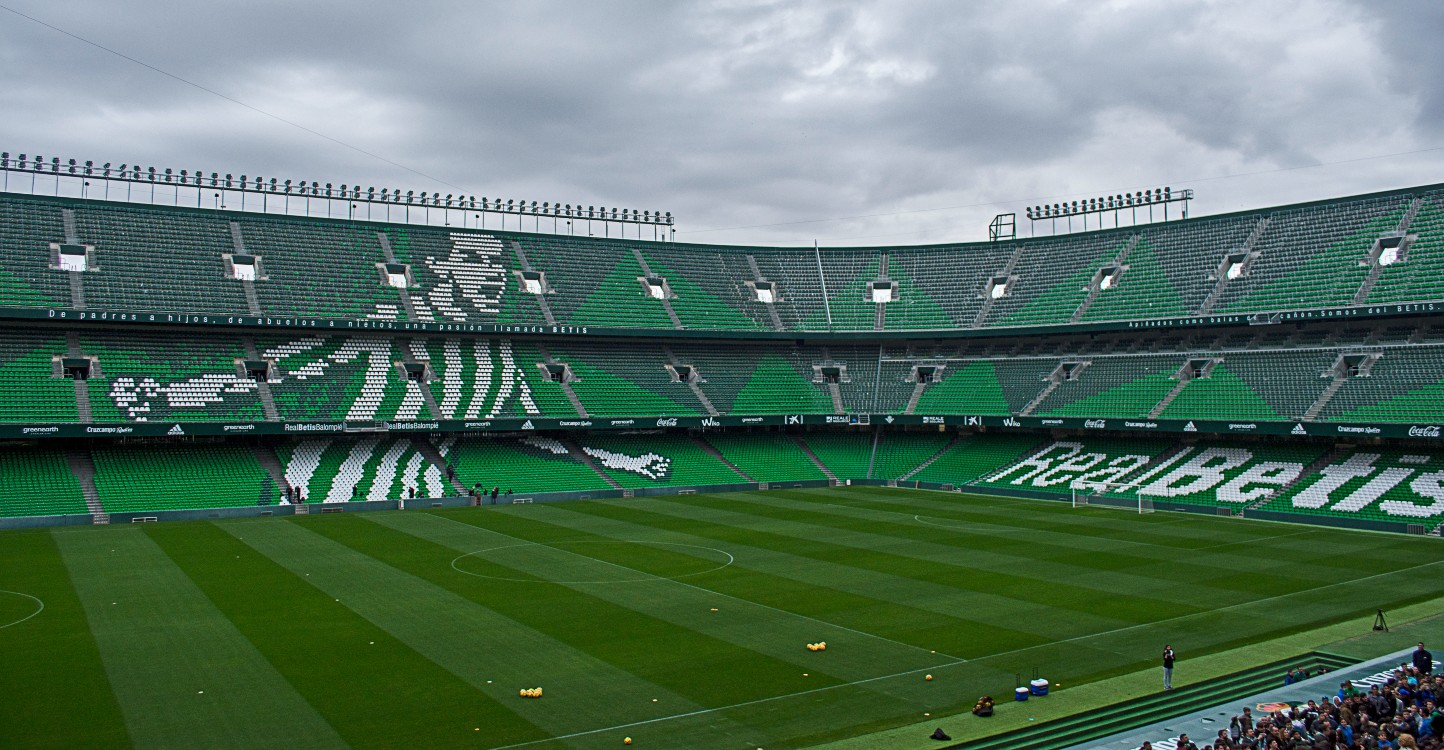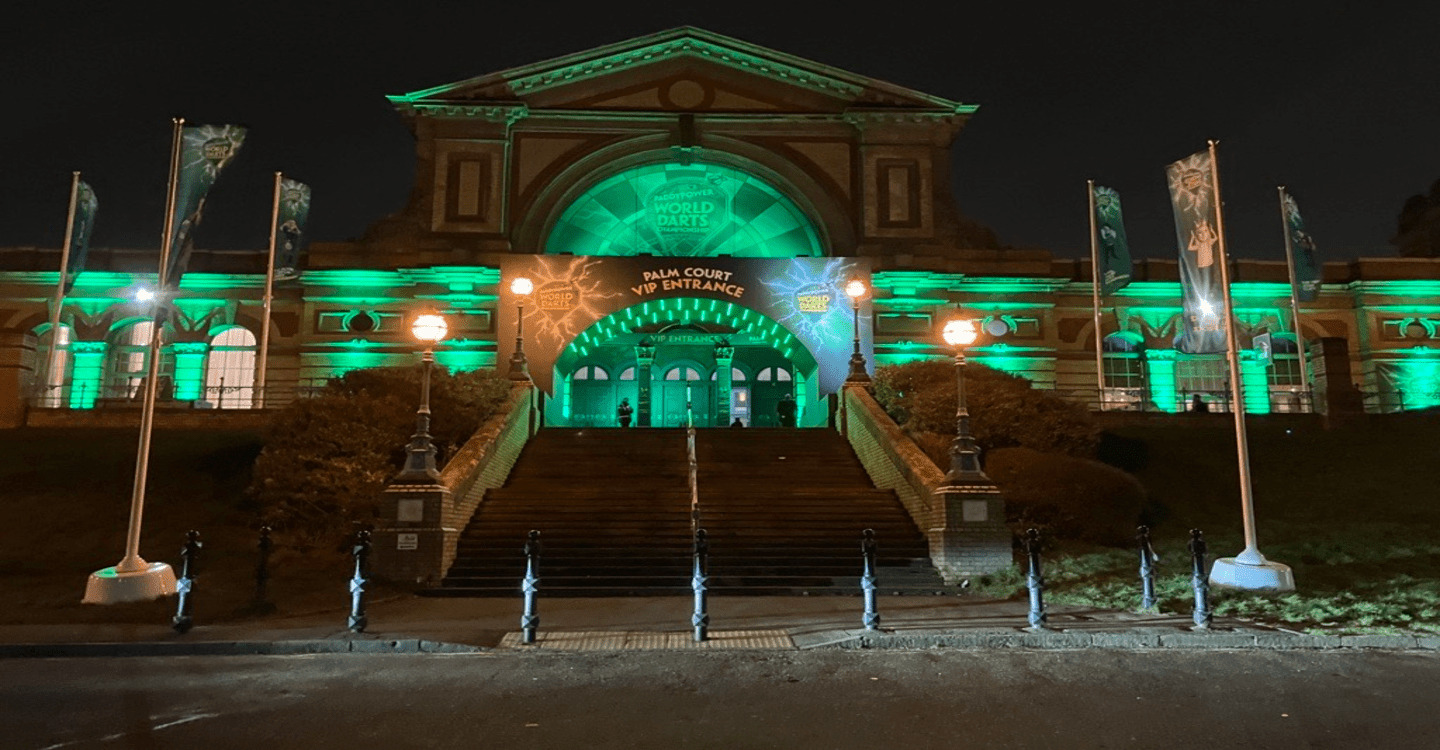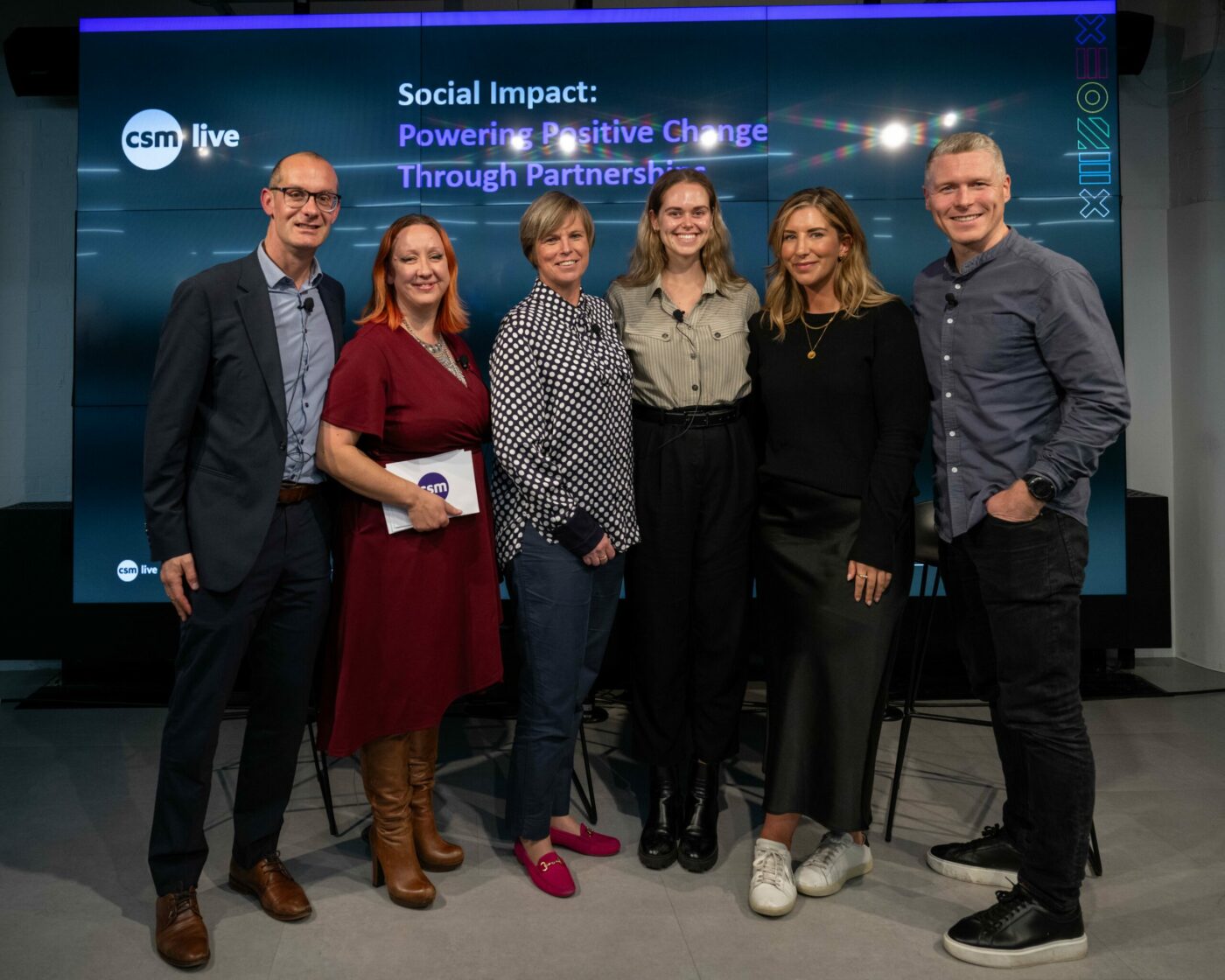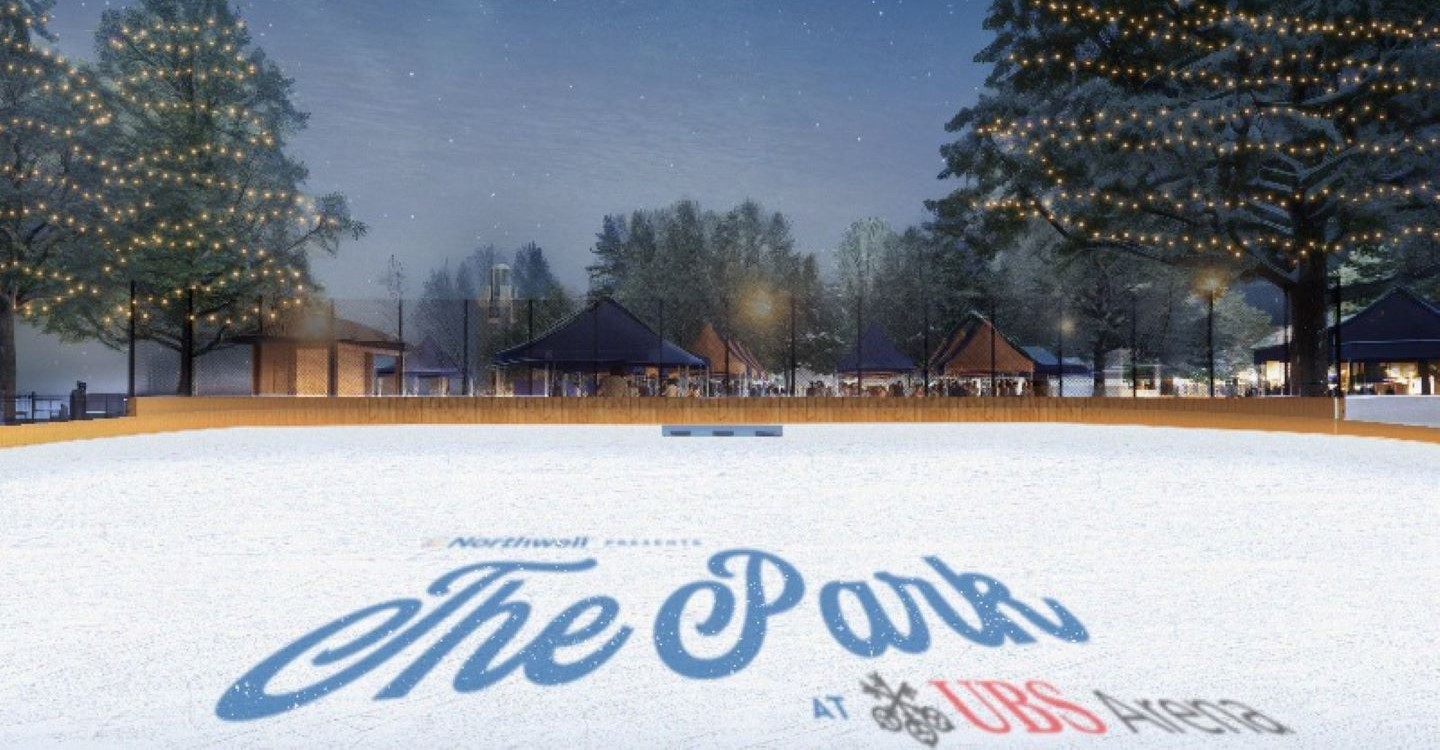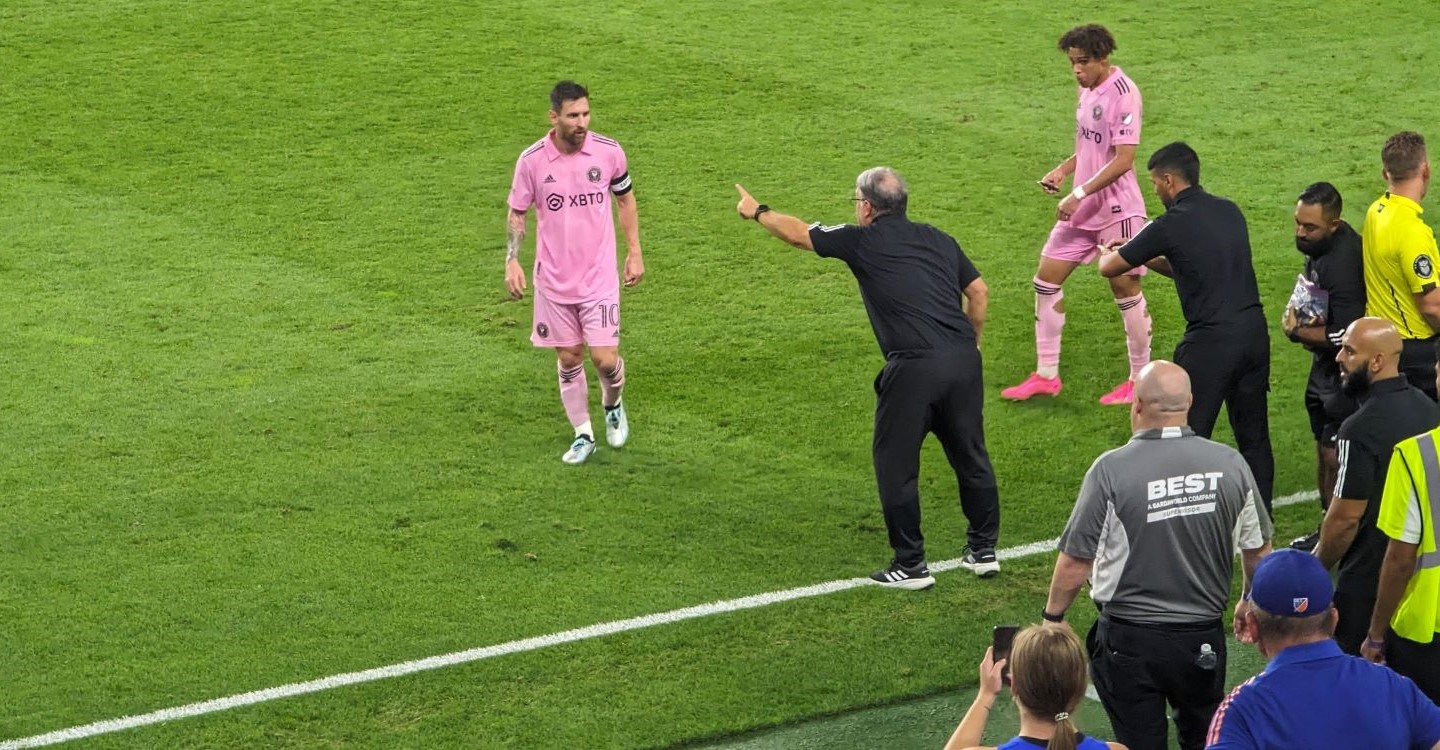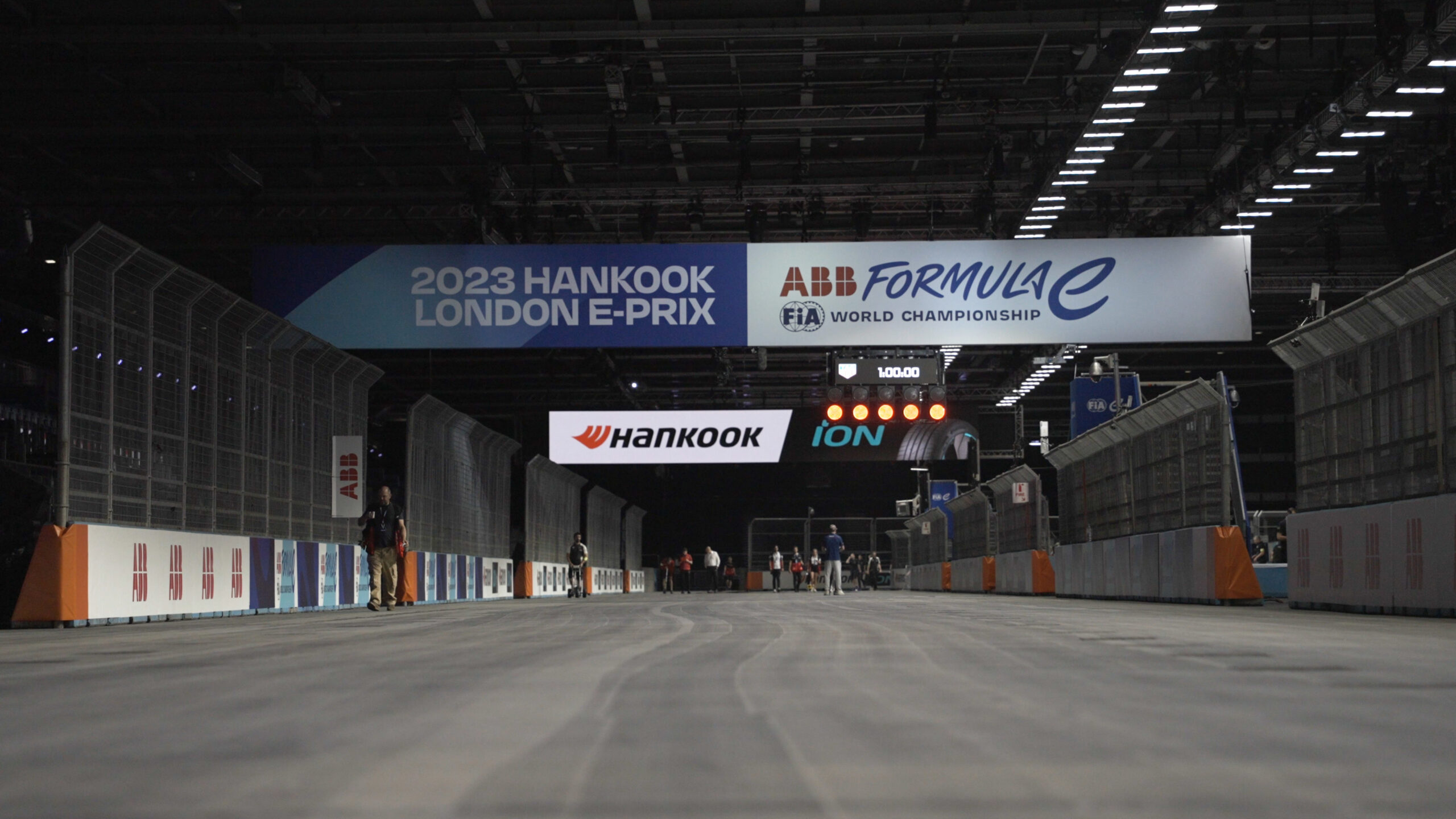A successful fan experience is often focused on creative activations and entertainment aspects that make a sporting occasion truly memorable, regardless of the result.
However, sports venue operators and event organisers are sometimes accused of getting the very basics wrong – particularly in terms of inclusivity.
Spanish LaLiga football club Real Betis, though, is clearly determined to make a pertinent point that should resonate across the football and sporting world.
For its recent match at home to Real Valladolid, a world-record 1,740 people with disabilities and neurodivergent individuals were welcomed to Benito Villamarín Stadium.
The club took concrete steps to improve the experience for the guests, including the production of match guides in easy-to-read formats that were designed as a cognitive accessibility tool.
The club also took the opportunity to ask fans with functional diversity that attended the match to participate in a questionnaire, in order to improve accessibility in the future.
Representation
Seville-based Betis worked with non-governmental organisation Integrated Dreams, which focuses on increasing the representation of people with disabilities in the world of sport through inclusion, development and education.
The organisation’s work goes beyond the experience of disabled fans at sporting events and includes the representation of disabled people across the sporting industry.
“Integrated Dreams has been working in collaboration with several clubs and other organisations, federations, businesses and NGOs as well, in football and other sports, to design strategies and train professionals in order to promote the increase the number of disabled employees within these organisations,” Joana Cal, Integrated Dreams’ Director of Operations, tells Fan XP.
“At the same time, our training programmes and consultancy services also support development of entrepreneurial projects in different fields related to sport and disability, always with the mission of increasing disability representation within the sport industry.”
Cal adds: “It is important for industry actors to grasp that there is value and increased innovation equity in having a more diverse workforce, and this also includes the disabled community, which is diverse in itself and is constantly faced with the need to problem solve and find new ways to remove or go around existing barriers.”
Improving the experience
Sporting clubs can take simple steps to improve the experience of disabled and neurodivergent fans at events. It is also imperative for club, stadium and venue management to understand that different disabilities require different levels of support, meaning there is no one-answer-fits-all approach.
Cal explains: “The first step, which is crucial to improve disabled fans’ experiences or even allow for them to be possible, is to have a dedicated staff member or team that looks after the needs of disabled fans, addresses their concerns and makes sure that the club can start to put in place measures and practices that are disability inclusive.
“It is important to understand that different types of disability require different answers, and it is key to involve disabled fans in the process and, whenever possible, disabled members of the club staff as well.”
Making a sporting experience inclusive and accessible for all is just as important as making events entertaining, fun and lively with activations and activities. It also makes sense for the financial bottom line.
“Disabled people represent 16% of the global population and have the same right as everyone else to practice sport and enjoying sports events, and communities and society should strive to be more inclusive and contribute towards the fulfilment of the UN Sustainable Development Goals,” says Cal.
“Secondly, by not providing accessible services, both online and offline, clubs, leagues and other related enterprises are missing out on a business opportunity to tap into a source of revenue that has massive potential and is underestimated.”
Football For All
Integrated Dreams also offers the Football For All Leadership Programme, which is a training programme specifically designed to promote employment, entrepreneurship and networking of disabled people within the sport industry.
Cal says: “It is an eight-month programme that has a lecture stage and a project development stage, and has supported 47 participants from 20 different countries in building a career in sport, as well as in creating their own projects in fields as varied as disabled sport development, improvement of accessibilities, social development through sport, or even podcasts and professional networks of disabled sport professionals in different countries.”
The programme is delivered with the support of a number of partners including world football governing body FIFA, the Johan Cruyff Foundation, Nova School of Business and Economics, the Benfica Foundation and the Portuguese Football Association.
Cal concludes: “Just recently, we have launched a new initiative, the Innovating for Inclusion Bootcamp. In this case it is a more intensive programme for both disabled and non-disabled participants who are professionals working together and have backgrounds ranging from sport, sustainability/ESG [environmental, social and governance], innovation or accessibility.
“The idea here is to come at issues more from an innovation angle and work with partners that are looking to address specific disability inclusion challenges with the insight brought by the Bootcamp participants.”
The Bootcamp is organised in a hybrid model, with the face-to-face stage taking place in The Netherlands in March.
Image credit: Anual / CC BY-SA 4.0 / Edited for size
This exclusive insight is part of “Fan XP” – a newsletter designed to keep you abreast of the latest innovations, strategies and more regarding fan experience across the globe. To sign up, please click here.

